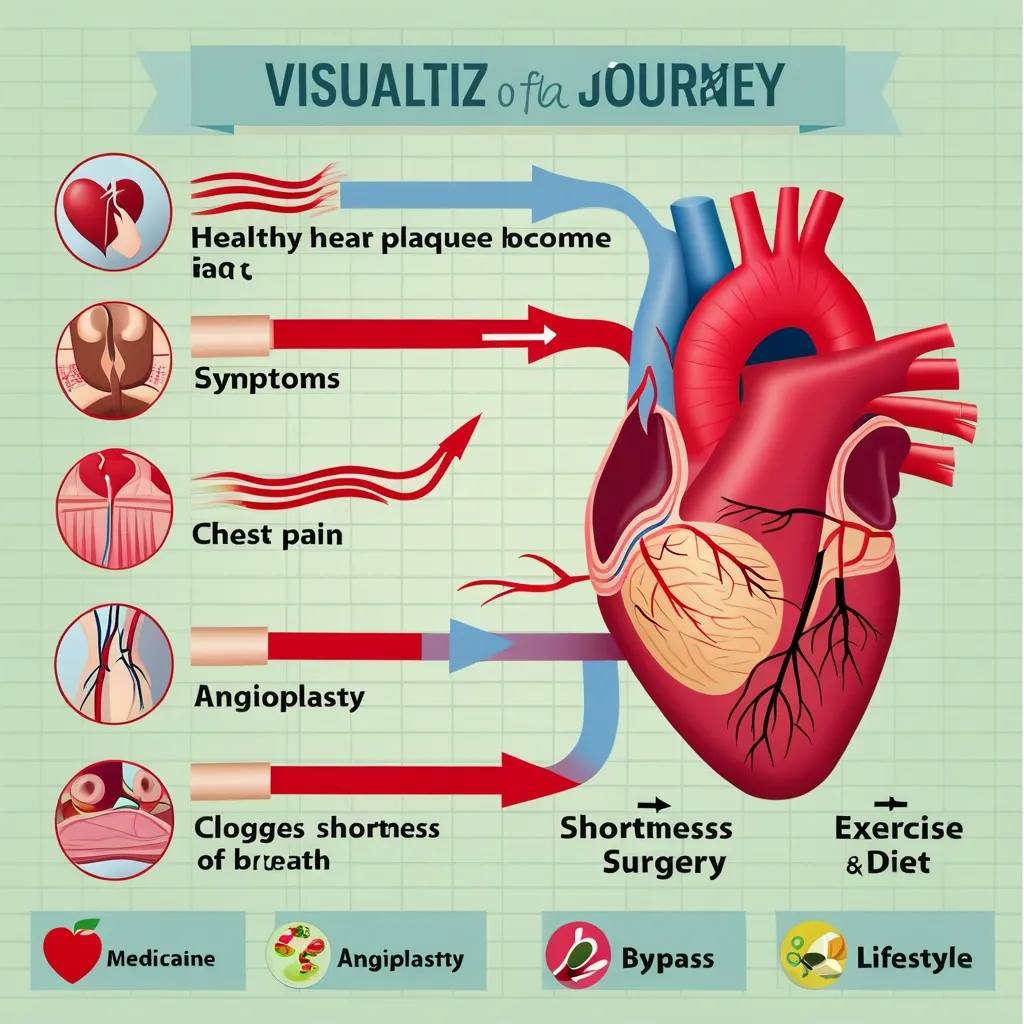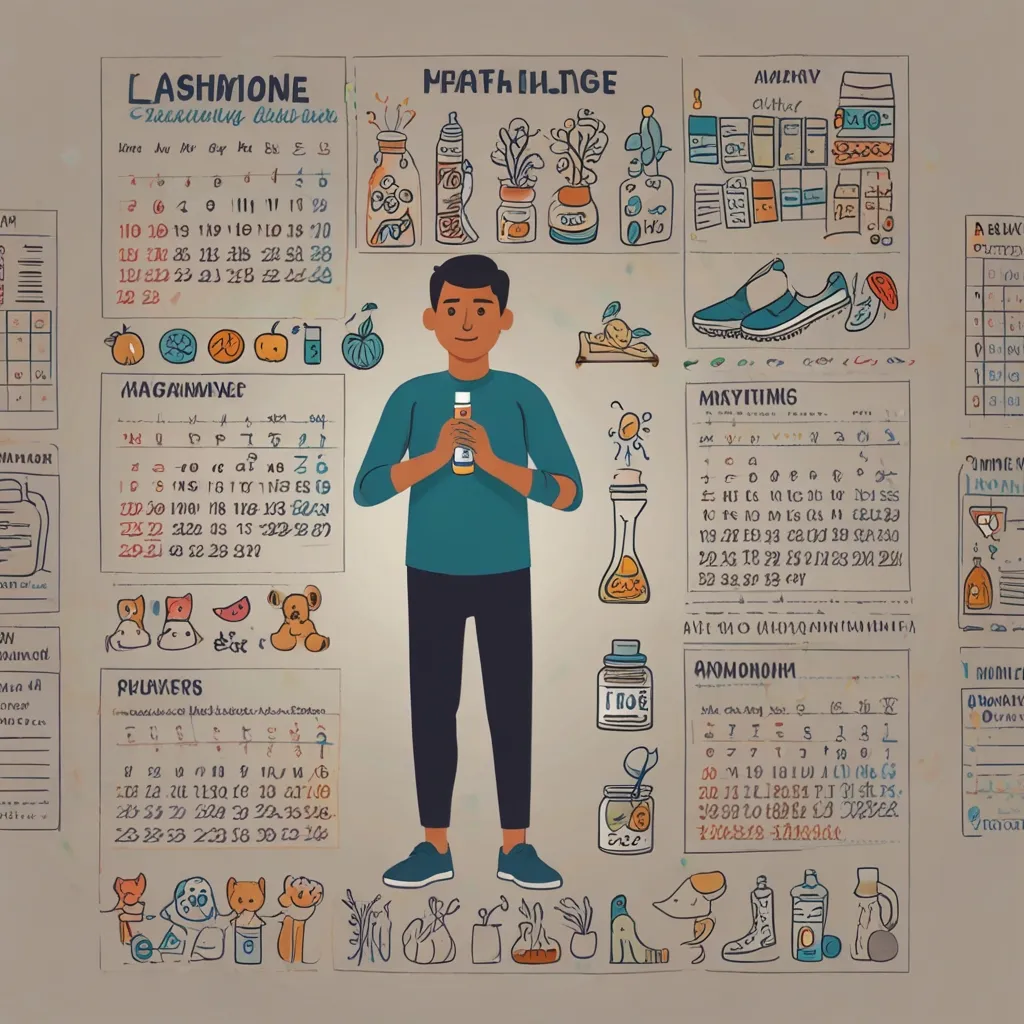Panic attacks are intense and terrifying bouts of fear that might feel like a heart attack. They often pop up without any warning, making your heart race, breath quicken, and sweat pour. It’s no wonder they can make you think you’re in serious danger.
A hallmark of a panic attack is feeling an overwhelming sense of doom or danger. You might feel like you’re spiraling out of control or about to bite the dust. Your heart rate can skyrocket, leaving you gasping for breath or grappling with a tight throat. Shaking, sweating, and hot flashes often tag along for the ride. Some folks feel chills, nausea, or stomach issues. Chest pain, headaches, dizziness, and a sense of detachment from reality can also crash the party.
Panic attacks can ambush you anywhere and anytime – whether you’re driving, shopping, or even fast asleep. These episodes usually hit their peak within minutes but can last from a few minutes to a good half-hour. After it’s over, you might feel completely drained and exhausted.
The dread of another panic attack can be paralyzing, sometimes leading to panic disorder. This condition involves recurrent, unexpected panic attacks, leaving you in constant fear of the next one. Panic disorder tends to show up more in women and often starts in the late teens or early adulthood.
While panic attacks themselves aren’t dangerous, they can throw a wrench in your quality of life. If ignored, they can turn into other problems like phobias, constant doctor’s visits, avoiding social scenarios, work or school issues, depression, and even substance abuse.
It’s crucial to get medical help if you’re having panic attacks. Your healthcare provider will ask about your symptoms and might run tests to rule out other conditions, like heart disease or thyroid problems. If there’s no physical cause, the diagnosis might be panic disorder based on your symptoms and risk factors.
Treating panic attacks and panic disorder is quite doable. Options include psychotherapy, medications, or both. Cognitive Behavioral Therapy (CBT) helps you pinpoint and alter unhealthy thoughts and actions. Medications like antidepressants can also dial down the frequency and intensity of panic attacks.
Beyond professional help, there are self-help tricks to manage panic attacks. One method is to focus on something outside your body and symptoms. Distract yourself by counting backward from 100 in threes or recalling the lyrics to a favorite song. Remind yourself that the symptoms are unpleasant but not life-threatening, and you’ve handled them before without serious harm.
Breathing and relaxation techniques can also help soothe you during an attack. Proper breathing, managing stress, and lifestyle tweaks like a good diet, regular exercise, and sufficient sleep can make a huge difference.
If panic attacks are frequent or severe, don’t hesitate to seek help. Your primary care provider, a psychologist, or a community health center can offer the support you need. Panic attacks might be scary, but they’re treatable, and you can effectively manage them with the right help.






